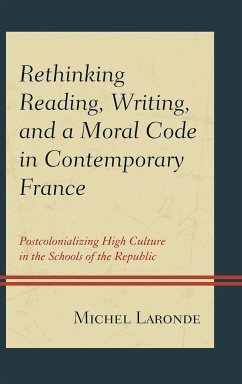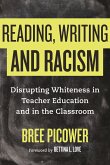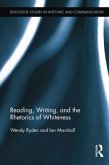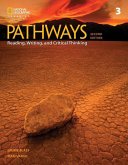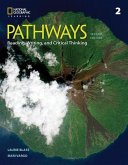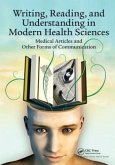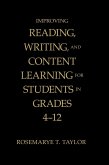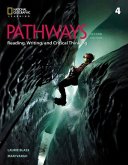High Culture is the symbolic culture inherited from classical literature that is transmitted to French children by the "Schools of the Republic" in the form of citations and clichés that represent a conventional cultural capital. The book follows the process of learning how to read and write in French primary and secondary schools as it is represented in the fiction written by authors whose experience was that of pupils born from North and sub-Saharan African immigrant parents during the 1960-2000 period. Autobiographical novels by 'beur' and Afro-French authors (1980s and 1990s respectively) and one film by Merzak Allouache (1996) disclose some of the strategies for learning how to read and write that challenge the conventions of a State-controlled school system inherited from the Third Republic during colonial times. From the experience of Kassa Houari's self-initiation to French literature in his autobiographical text, to revaluating cultural clichés in and out of school by Zaïr Kedadouche, Azouz Begag or Calixthe Beyala, a postcolonial mentality emerges from the literature of a post-1980s multicultural France where Orality plays a key role in reinterpreting clichés from High Culture and informs a new moral Code. Rethinking Reading, Writing, and a Moral Code astutely suggests a need for the school system to rethink its didactic approach to teaching language and literature, if French education is to reflect the postcolonial character of contemporary cosmopolitan culture and facilitate the integration of communities of diverse ethnic origins.
Hinweis: Dieser Artikel kann nur an eine deutsche Lieferadresse ausgeliefert werden.
Hinweis: Dieser Artikel kann nur an eine deutsche Lieferadresse ausgeliefert werden.

